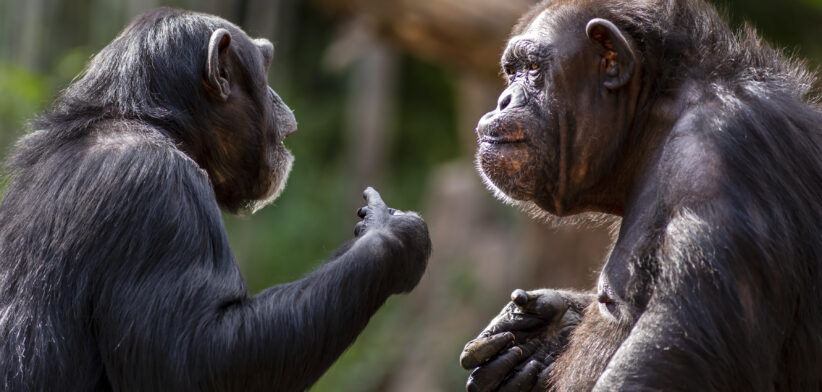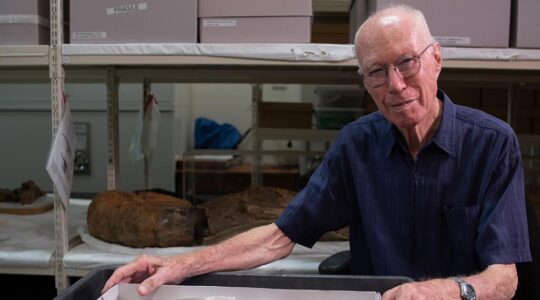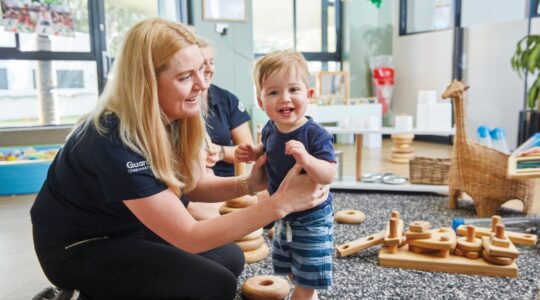Animals show similar traits to humans as they age, reducing their social networks and not making new friends.
A collection of 16 studies, including six from the University of Leeds, were published this month as part of a broad investigation of ageing and society across the natural world.
Among the findings was that red deer may become less sociable as they grow old to reduce the risk of contracting diseases.
Even common birds like the house sparrow changed their behaviour as they aged, interacting with less other birds and becoming more insular.
Editor of the study collection, Dr Josh Firth from the University of Leeds, said, while becoming less social with age might be seen as negative, it could also have benefits.
“Animal populations are a great way of considering the fundamental rules of how ageing may shape societies,” he said.
“These kinds of effects might be expected across societies, where individuals might avoid social interactions as they become more vulnerable to the costs of infection.”
This was similar to the behaviour exhibited by humans during the COVID-19 pandemic to avoid contact with infected people.
Co-author of this research, Dr Jamie Dunning, said the study was one of the first to suggest that birds, like mammals, also reduced socialisation as they aged.
“Specifically, the number of friendships, and how central a bird is to the wider social network, declined with age,” he said.
“The results may be driven by existing friends of same cohort groups dying as they age, and because it takes more effort for older birds to make friendships with fewer same-age individuals available to bond with.
“Conversely, the benefits of social connections may be lower than they are for younger individuals, who may come to rely on those connections for things like reproduction or information later in life.”
The full report is on the University of Leeds website.








